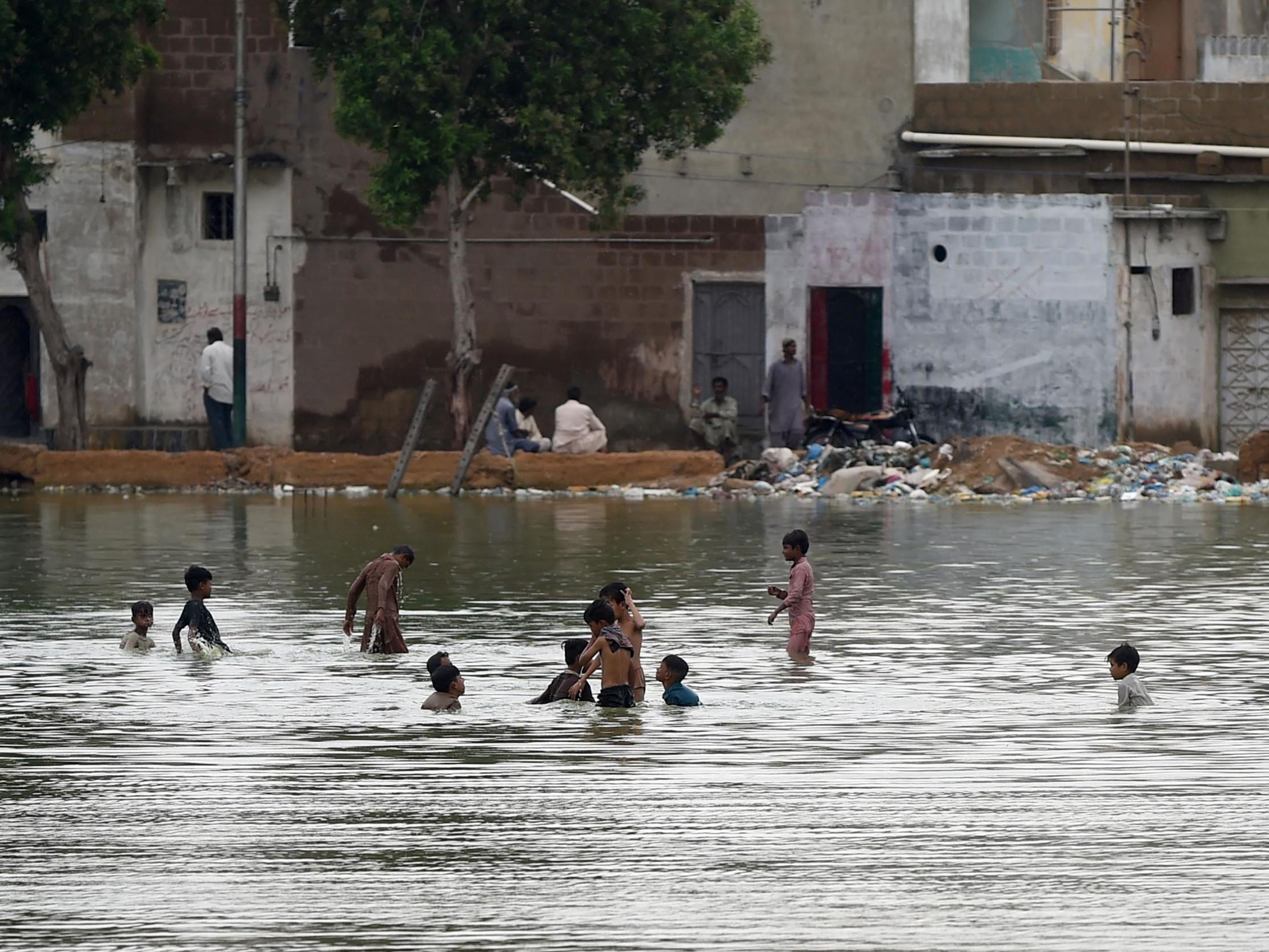Global warming could make viruses harder to kill, study finds
Infectious diseases may evolve to become more resistant to heat and disinfectants such as chlorine, research suggests

Your support helps us to tell the story
From reproductive rights to climate change to Big Tech, The Independent is on the ground when the story is developing. Whether it's investigating the financials of Elon Musk's pro-Trump PAC or producing our latest documentary, 'The A Word', which shines a light on the American women fighting for reproductive rights, we know how important it is to parse out the facts from the messaging.
At such a critical moment in US history, we need reporters on the ground. Your donation allows us to keep sending journalists to speak to both sides of the story.
The Independent is trusted by Americans across the entire political spectrum. And unlike many other quality news outlets, we choose not to lock Americans out of our reporting and analysis with paywalls. We believe quality journalism should be available to everyone, paid for by those who can afford it.
Your support makes all the difference.Global warming may increase the threat of some infectious diseases by making viruses harder to kill, researchers have warned.
Waterborne viruses which have adapted to warmer environments remain infectious for longer and are more resistant to disinfectants such as chlorine, a study by Swiss scientists suggests.
“This implies that microbial water quality may be worse in warm regions, and the health risks posed by viruses will be greater,” Tamar Kohn, associate professor of environmental chemistry at Swiss Federal Institute of Technology in Lausanne, told The Independent.
Sunlight, high temperatures and other microbes can all deactivate viruses found in surface water, reducing their ability to spread disease. However, scientists expect the way viruses react to their environment will evolve in response to climate change.
The Swiss study examined how enteroviruses, a family of viruses which can cause a range of infections including colds, polio and foot-and-mouth disease, may adapt to shifts in conditions. Enteroviruses are typically transmitted through faeces and find their way into the environment through sewage, wastewater and poor sanitation.
The team created four different populations of a human enterovirus by incubating samples in flasks of lake water at 10C and 30C, with and without exposure to sunlight. They then exposed the samples to heat and disinfectant.
The study, published in the American Chemical Society’s Environmental Science and Technology journal, found the warm-adapted viruses were more resistant to being deactivated by heat than the ones incubated in cold water. When moved to cool water, the warm-adapted viruses also remained active longer and withstood exposure to chlorine better.
The findings suggest viruses in warmer waters “will persist in an infectious state for a longer time, and also be more resistant to disinfection”, Prof Kohn said, though she cautioned the laboratory study had yet to be validated in the field.
It means global warming could put people more at risk of infection from swimming in or eating foods irrigated by contaminated water.
While the 3C rise in average global temperature forecast by climate scientists by the end of the century may not be large enough in itself to impact on virus stability, Prof Kohn said, the accompanying rise in extreme weather may bring with it a heightened disease threat, particularly in hotter countries.
“We are mainly thinking of the more frequent occurrence and longer duration of extreme heat waves, which could lead to significant warming of water bodies in the affected areas,” she added.
Join our commenting forum
Join thought-provoking conversations, follow other Independent readers and see their replies
Comments